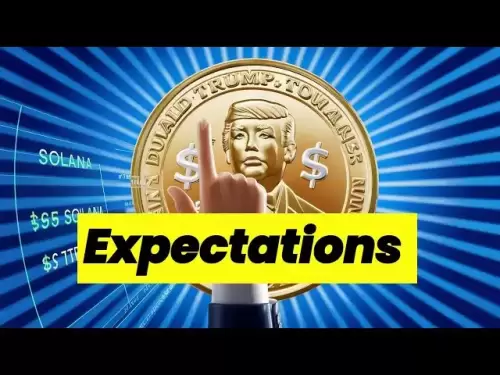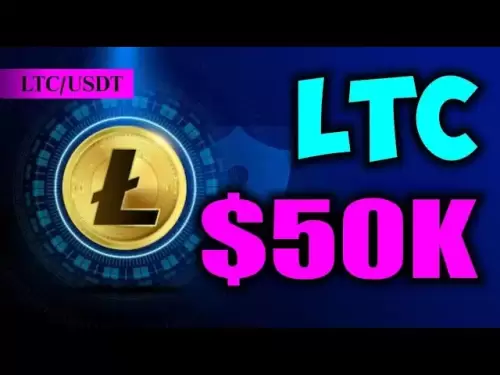-
 Bitcoin
Bitcoin $118800
0.58% -
 Ethereum
Ethereum $3813
6.89% -
 XRP
XRP $3.529
2.75% -
 Tether USDt
Tether USDt $1.000
-0.01% -
 BNB
BNB $755.1
3.06% -
 Solana
Solana $183.0
2.98% -
 USDC
USDC $0.9997
-0.01% -
 Dogecoin
Dogecoin $0.2670
9.75% -
 Cardano
Cardano $0.8748
5.90% -
 TRON
TRON $0.3192
0.08% -
 Hyperliquid
Hyperliquid $47.26
5.01% -
 Stellar
Stellar $0.4763
2.59% -
 Sui
Sui $4.001
5.68% -
 Chainlink
Chainlink $19.68
8.62% -
 Hedera
Hedera $0.2796
3.70% -
 Bitcoin Cash
Bitcoin Cash $550.9
9.05% -
 Avalanche
Avalanche $25.39
6.47% -
 Shiba Inu
Shiba Inu $0.00001557
5.68% -
 Litecoin
Litecoin $117.7
15.59% -
 UNUS SED LEO
UNUS SED LEO $8.975
-0.11% -
 Toncoin
Toncoin $3.315
4.44% -
 Polkadot
Polkadot $4.581
7.41% -
 Uniswap
Uniswap $10.84
7.11% -
 Pepe
Pepe $0.00001451
10.27% -
 Ethena USDe
Ethena USDe $1.001
0.00% -
 Monero
Monero $327.5
0.06% -
 Bitget Token
Bitget Token $5.018
2.63% -
 Dai
Dai $0.9999
0.00% -
 Aave
Aave $334.4
5.21% -
 Bittensor
Bittensor $432.3
3.73%
Can NFTs be used for real estate?
NFTs are transforming real estate by enabling tokenized ownership, fractional investing, and streamlined transactions via blockchain technology.
Jul 20, 2025 at 01:15 am
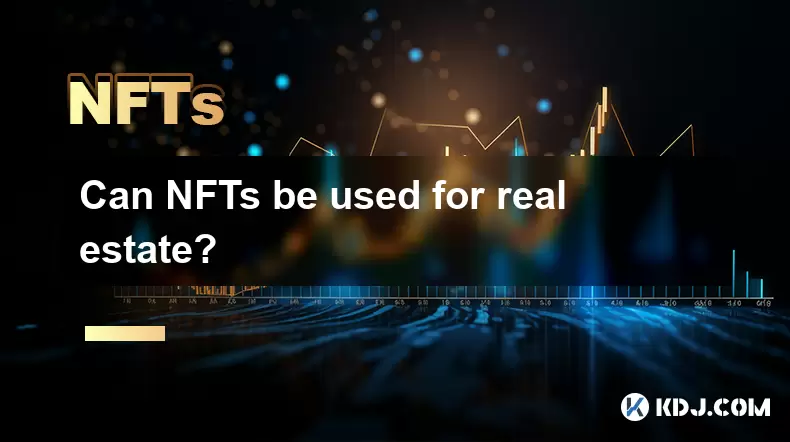
Understanding the Concept of NFTs in Real Estate
Non-Fungible Tokens (NFTs) have primarily been associated with digital art, collectibles, and virtual assets. However, real estate, a traditionally physical and paperwork-heavy industry, is now exploring how blockchain technology can streamline property transactions through tokenization. The idea of using NFTs for real estate involves converting property rights or ownership into a digital token on a blockchain. This process enables properties to be bought, sold, or traded similarly to how NFTs function in the digital space.
One of the most promising aspects of this innovation is that it allows for fractional ownership of real estate. Instead of purchasing an entire property, investors can own a percentage represented by an NFT. This opens up new opportunities for democratizing access to high-value real estate markets.
How Real Estate NFTs Are Created
The creation of a real estate NFT begins with the tokenization of a property. This requires legal documentation to ensure that the digital token accurately represents ownership rights. A smart contract is typically used to define the terms of ownership, transferability, and any revenue-sharing mechanisms.
- Property appraisal and legal validation are conducted before tokenization.
- A blockchain platform like Ethereum or Binance Smart Chain is chosen to mint the NFT.
- The NFT is then listed on a marketplace that supports real estate tokens.
- Potential buyers can purchase the NFT, which may represent full or partial ownership.
This process ensures that each real estate NFT is backed by a tangible asset and complies with existing laws and regulations.
Benefits of Using NFTs in Real Estate Transactions
Using NFTs in real estate offers several advantages over traditional methods. One of the most significant benefits is increased liquidity. Real estate is generally considered an illiquid asset because selling a property can take months. With NFTs, ownership stakes can be traded almost instantly on decentralized platforms.
Another key benefit is transparency. Since NFTs are recorded on the blockchain, every transaction is immutable and verifiable, reducing fraud and increasing trust between parties. Additionally, smart contracts automate many processes such as escrow, title transfers, and compliance checks, eliminating the need for intermediaries like lawyers or brokers in some cases.
Fractional ownership also becomes more accessible, allowing smaller investors to participate in high-value properties without needing to buy them outright.
Challenges and Risks Involved
Despite its potential, integrating NFTs into real estate comes with challenges. One major concern is regulatory uncertainty. Governments and financial institutions are still figuring out how to classify and regulate NFT-based real estate investments. This lack of clear guidelines can lead to legal complications.
There’s also the issue of market volatility. Since NFTs often trade on cryptocurrency marketplaces, their value can fluctuate significantly based on crypto prices, even if the underlying property remains stable in value. This introduces an additional layer of risk for investors unfamiliar with digital assets.
Moreover, technical barriers exist. Not all real estate professionals or buyers are familiar with blockchain technology, making adoption slow and complex. Ensuring security and custody solutions for real estate NFTs is another hurdle that must be addressed before widespread use becomes feasible.
Practical Use Cases of Real Estate NFTs Today
Several companies and platforms have already begun experimenting with real estate NFTs. For instance, Propy, a real estate marketplace, completed one of the first-ever NFT-based property sales in 2022. The buyer purchased a home in Florida using cryptocurrency and received an NFT representing the deed.
Other platforms like RealT allow users to invest in rental properties through fractionalized tokens. These tokens entitle holders to a share of rental income and appreciation in property value. Similarly, Meta Residence has launched luxury villas in Dubai as NFTs, enabling global investors to own a piece of real estate without having to navigate local real estate laws directly.
These examples demonstrate that while still in early stages, real-world applications of real estate NFTs are emerging and gaining traction.
Steps to Invest in Real Estate Through NFTs
If you're interested in investing in real estate via NFTs, here's how you can proceed:
- Ensure you have a compatible wallet like MetaMask or Trust Wallet that supports Ethereum or other relevant blockchains.
- Research and select a reputable NFT marketplace that specializes in real estate tokens.
- Verify the legitimacy of the property and its corresponding NFT, including legal backing and ownership structure.
- Purchase the NFT using cryptocurrency or stablecoins.
- Monitor your investment through the platform and understand how rental income or profit sharing works, if applicable.
Each step requires due diligence to avoid scams and ensure compliance with local and international laws.
Frequently Asked Questions
What legal protections exist for real estate NFT owners?
Real estate NFTs are typically tied to off-chain legal agreements. Ownership rights are enforced through traditional contracts, while the NFT serves as a digital representation of those rights. It’s crucial to consult legal experts when buying or selling real estate NFTs.
Can I rent out my NFT-backed property?
Yes, many real estate NFT projects include mechanisms for rental income distribution. Owners receive a portion of the rental earnings proportionate to their ownership stake, usually facilitated through smart contracts.
Are real estate NFTs taxable?
In most jurisdictions, profits from buying and selling NFTs are subject to capital gains tax. Rental income from real estate NFTs may also be taxed as regular income. Always consult a tax professional familiar with cryptocurrency and real estate.
Do I need permission from local governments to tokenize property?
Tokenizing real estate often requires approval from local authorities, especially concerning land registry and property rights. Legal frameworks vary widely, so understanding local regulations is essential before proceeding.
Disclaimer:info@kdj.com
The information provided is not trading advice. kdj.com does not assume any responsibility for any investments made based on the information provided in this article. Cryptocurrencies are highly volatile and it is highly recommended that you invest with caution after thorough research!
If you believe that the content used on this website infringes your copyright, please contact us immediately (info@kdj.com) and we will delete it promptly.
- Iron Maiden: Music Legends Celebrate 50 Years with Royal Mint Coin
- 2025-07-21 00:30:13
- BlockDAG, TIA, LTC: Unveiling the Latest Crypto Buzz
- 2025-07-21 00:50:12
- Ethereum Layer-2 Meme Coins: Little Pepe's Big Leap?
- 2025-07-21 00:30:13
- MoonBull, Crypto, and BOME Gains: Riding the Meme Coin Wave to 100x?
- 2025-07-21 00:50:12
- Bitcoin, ETH, and the Trader Target: Decoding the Crypto Landscape
- 2025-07-21 01:10:14
- Solana's TVL Growth: Riding the Cryptocurrency Wave
- 2025-07-21 01:10:14
Related knowledge
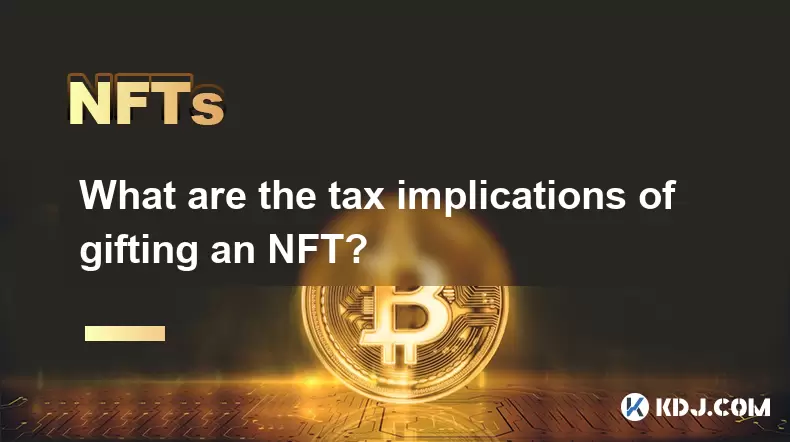
What are the tax implications of gifting an NFT?
Jul 19,2025 at 04:21am
Understanding the Basics of NFT GiftingGifting a Non-Fungible Token (NFT) involves transferring ownership from one individual to another without recei...
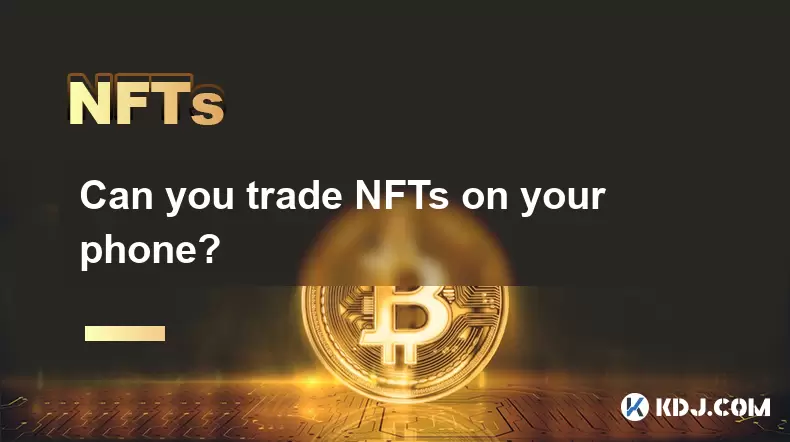
Can you trade NFTs on your phone?
Jul 18,2025 at 04:29am
Trading NFTs on Mobile DevicesYes, you can trade NFTs on your phone, and the process has become increasingly streamlined thanks to a variety of mobile...
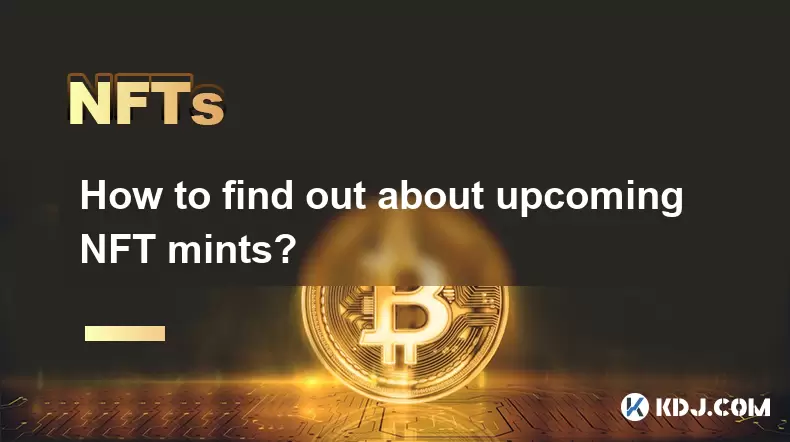
How to find out about upcoming NFT mints?
Jul 18,2025 at 11:50am
Exploring NFT Minting OpportunitiesUnderstanding the landscape of upcoming NFT mints is crucial for collectors, investors, and creators who wish to st...
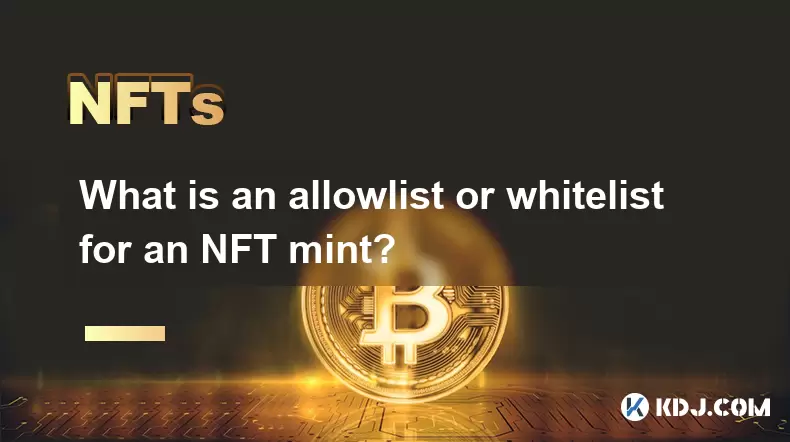
What is an allowlist or whitelist for an NFT mint?
Jul 20,2025 at 07:14pm
Understanding the Concept of an Allowlist for NFT MintingAn allowlist, also commonly referred to as a whitelist, is a mechanism used in the NFT mintin...
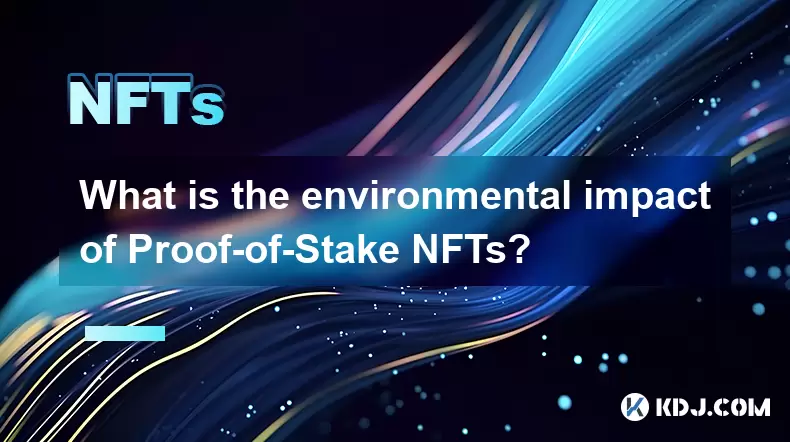
What is the environmental impact of Proof-of-Stake NFTs?
Jul 17,2025 at 07:14pm
Understanding the Basics of Proof-of-Stake NFTsProof-of-Stake (PoS) is a consensus mechanism used by blockchain networks to validate transactions and ...
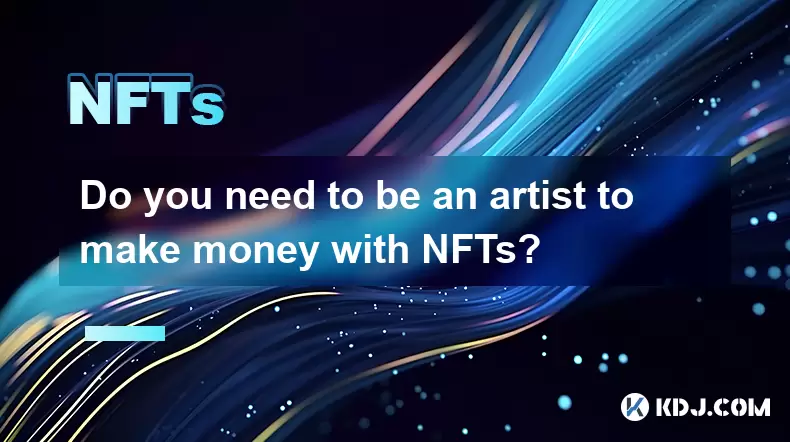
Do you need to be an artist to make money with NFTs?
Jul 19,2025 at 06:35am
Understanding the Role of Art in NFTsThe non-fungible token (NFT) market has grown rapidly, offering various opportunities for creators and investors....

What are the tax implications of gifting an NFT?
Jul 19,2025 at 04:21am
Understanding the Basics of NFT GiftingGifting a Non-Fungible Token (NFT) involves transferring ownership from one individual to another without recei...

Can you trade NFTs on your phone?
Jul 18,2025 at 04:29am
Trading NFTs on Mobile DevicesYes, you can trade NFTs on your phone, and the process has become increasingly streamlined thanks to a variety of mobile...

How to find out about upcoming NFT mints?
Jul 18,2025 at 11:50am
Exploring NFT Minting OpportunitiesUnderstanding the landscape of upcoming NFT mints is crucial for collectors, investors, and creators who wish to st...

What is an allowlist or whitelist for an NFT mint?
Jul 20,2025 at 07:14pm
Understanding the Concept of an Allowlist for NFT MintingAn allowlist, also commonly referred to as a whitelist, is a mechanism used in the NFT mintin...

What is the environmental impact of Proof-of-Stake NFTs?
Jul 17,2025 at 07:14pm
Understanding the Basics of Proof-of-Stake NFTsProof-of-Stake (PoS) is a consensus mechanism used by blockchain networks to validate transactions and ...

Do you need to be an artist to make money with NFTs?
Jul 19,2025 at 06:35am
Understanding the Role of Art in NFTsThe non-fungible token (NFT) market has grown rapidly, offering various opportunities for creators and investors....
See all articles





















